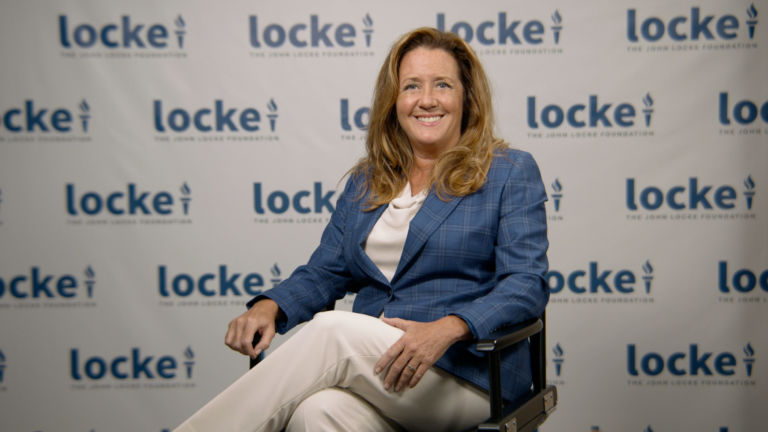Recent John Locke Foundation speaker Andrew McCarthy explains at National Review Online why efforts to question special counsel Robert Mueller’s work do not amount to obstruction of justice.
First, rhetoric that aims to delegitimize the government’s investigation and prosecution is a staple of criminal defense. Far from obstructing justice, it is routinely part of the judicial process. I daresay that, were it not for Trump derangement, normally sensible anti-Trump critics would easily see that criminalizing such rhetoric would unconstitutionally erode the presumption of innocence.
To suggest that the prosecution may not be subjected to harsh criticism — whether or not deserved — would create a presumption of prosecutorial propriety. There is no such thing in our system (due-process safeguards protect us from the government; they don’t protect the government from us). If the prosecution started out with a presumption in its favor, the accused would not be presumed innocent — the presumption would be that to suspect the defendant of criminal misconduct was entirely reasonable. That would get the prosecutor at least 80 percent of the way to a conviction.
Second, it is standard fare for the defense to attack the investigators and prosecutors as corrupt or rabid at trial — i.e., after a grand jury has already found probable cause for the charges. How, then, could it possibly be unlawful to attack the investigators and prosecutors as corrupt or rabid during the investigation? …
… Third and finally, while lawful, attacking the investigation is frequently a very foolish move.
To be sure, if the prosecutor and investigators have in fact engaged in corrupt or overbearing behavior, they should be called on it. And if a defendant can demonstrate that his claims of misconduct are justified, it will redound to his benefit. Most of the time, though, such claims are fabrications or exaggerations, and when all the relevant facts are revealed, it becomes clear that the prosecution’s actions were within the bounds of reason.


